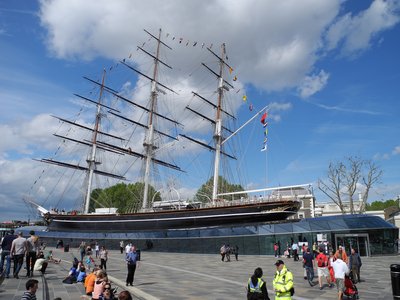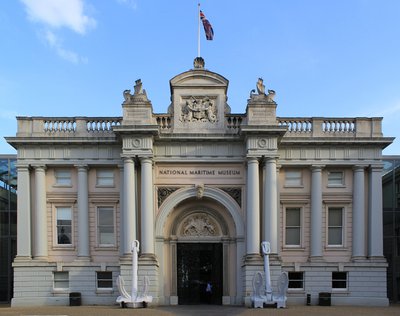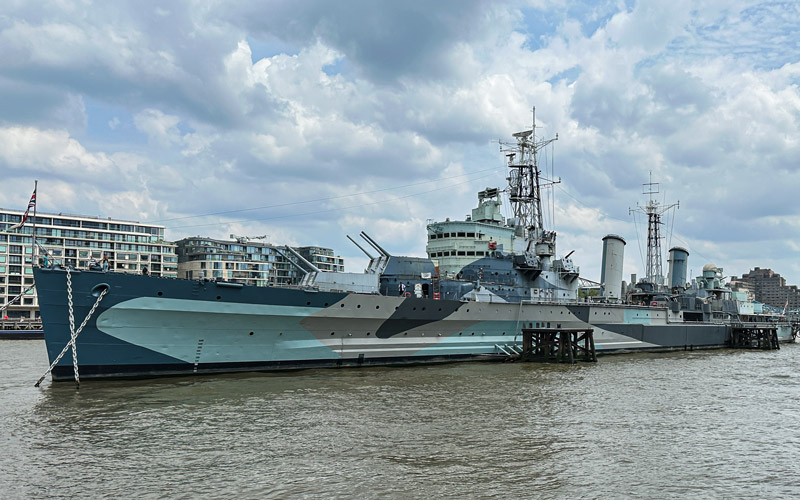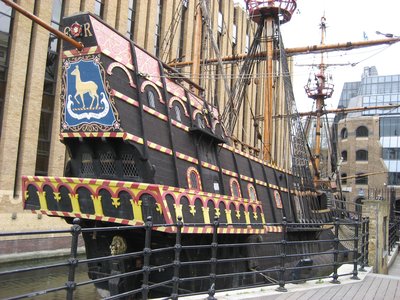Museum of London Docklands
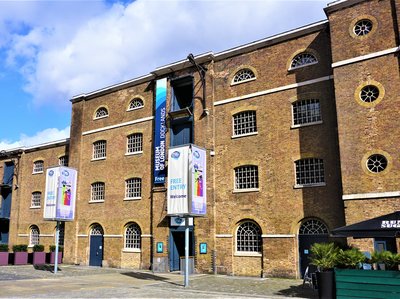
⭐ Highligts
No.1 Warehouse
1802 sugar warehouse homeThe museum sits inside a Grade I-listed brick warehouse opened in 1802 for the West India Docks, once a hub for sugar, rum and coffee from across the Atlantic.
📍 West India Quay, Ground floor
Sailortown
Immersive 1860s dock streetA walk-through recreation of narrow Victorian lanes with shopfronts and taverns shows how sailors and dockworkers lived around 1860.
📍 First floor, Galleries
London, Sugar & Slavery
Transatlantic slavery, told locallyThis landmark gallery links London’s wealth to Caribbean plantations, through original objects, personal stories and the city streets that still carry this history.
📍 Second floor, Galleries
Thames Finds
Objects from the riverbedMudlarked and excavated items-from Roman coins to clay pipes-reveal everyday life along the Thames over two millennia.
📍 Galleries, mixed displays
Opening Hours
🤓 Fun Facts
The museum opened in 2003 inside a Grade I-listed 1802 warehouse at West India Quay.
‘Sailortown’ recreates an 1860s dockside street you walk through in near-darkness.
‘London, Sugar & Slavery’ was the first major UK gallery to tackle London’s role in slavery.
West India Docks once handled cargoes of sugar, rum and coffee for the capital’s warehouses.
Many Thames artefacts on display were recovered by licensed mudlarks at low tide.
